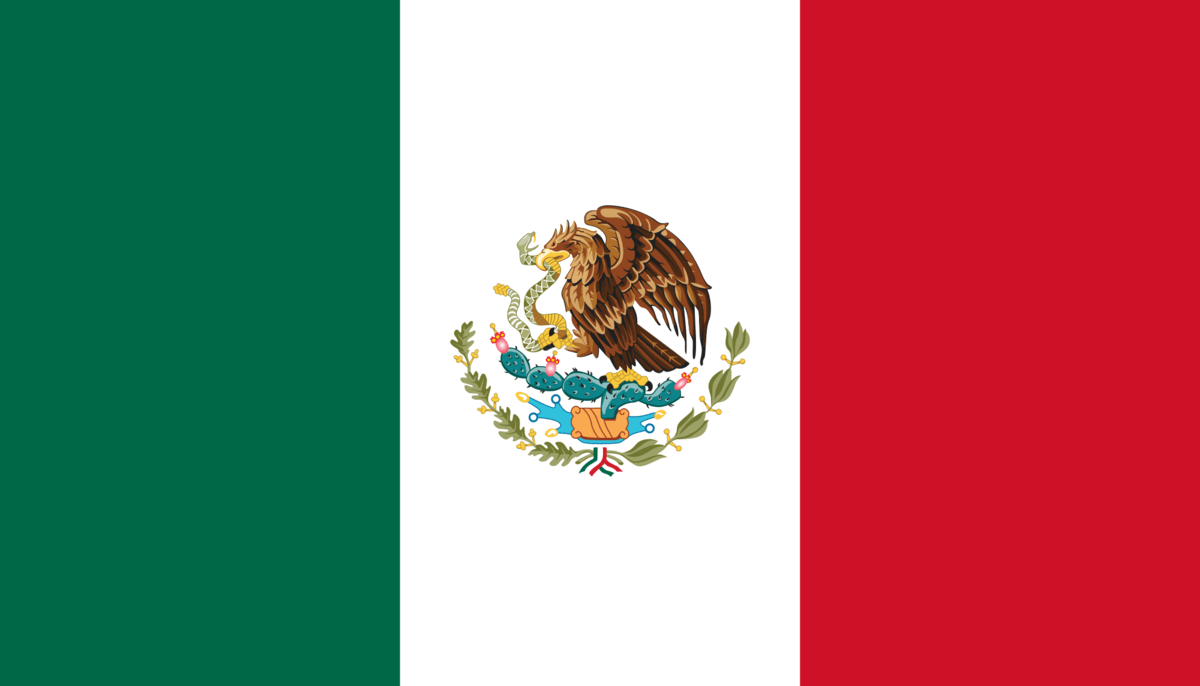Today we’ll discover many different uses and meanings of the verb dar depending on the context. We’ll also learn about some phrases with dar that shouldn’t be read or translated literally. Let’s begin.
All about figurative meanings
Dar is usually translated as “to give.” In another article, we explained how it indicates the literal action of giving something to someone.
However, we must also take into account the multiple figurative uses of this verb. Let’s see some examples:
Tip: Click on any of the linked sentences in this article (while on a mobile) to add them directly to your Fluent Forever app, so you can study them later. Don’t have our app yet? Download it here!
- Tenía mucho frío, pero cuando me dio el sol de la mañana, me sentí mejor. (I was very cold, but when the morning sun hit me, I felt better.)
In the above sentence, dio (from dar) describes the action of sunlight warming the subject. The literal English translation would be “the morning sun gave me.”
- Cada mañana me tomo mi café cuando el reloj da las nueve. (Every morning, I drink my coffee when the clock strikes nine.)
Here, dar indicates the time shown on the clock. The literal translation of the phrase would be “the clock gives nine.”
Here are some other examples of how dar can have several different meanings depending on the context:
- ¡Date prisa! El café se está enfriando. (Hurry up! The coffee is getting cold.)
- El hombre se dio vuelta en cuanto vio la luz del sol entrar por la ventana. (The man turned around as soon as he saw the sunlight coming through the window.)
- Luego de cuarenta y nueve días en casa, pude salir por la mañana para dar un paseo. (After forty-nine days at home, I was able to go out in the morning to take a walk.)

Image by Julita from Pixabay
Special phrases and expressions with dar
There are certain Spanish phrases and expressions where dar has a very specific given meaning, so these shouldn’t be read or translated literally. Let’s consider the following examples:
- Dar a luz (to give birth):
La mujer dio a luz a las nueve cuarenta de la mañana. (The woman gave birth at nine forty in the morning.)
- Dar alcance (to catch up with):
Al salir el sol, la liebre logró darle alcance a su manada. (When the sun rose, the hare was able to catch up with the herd.)
- Dar lo mismo/dar igual (to make no difference):
A mí me da lo mismo tomar café en la mañana o en la noche. (It makes no difference to me whether I drink coffee in the morning or at night.)
- Darse cuenta (realize/become aware of/notice):
El niño recién se dio cuenta del golpe en su nariz cuando no pudo oler nada. (The kid only became aware of his nose injury when he couldn’t smell anything.)
- Dar con alguien/dar con algo (to find someone/to find something):
Luego de buscarlo durante meses, ella finalmente dio con su café favorito al sentir su distintivo aroma en un mercado. (After looking for it for months, she finally found her favorite coffee when she smelled its distinctive aroma at a market.)
Now that you’ve learned some of the most common uses of dar, you’re ready to use this verb to its full potential!
Written by Humberto Aparicio





